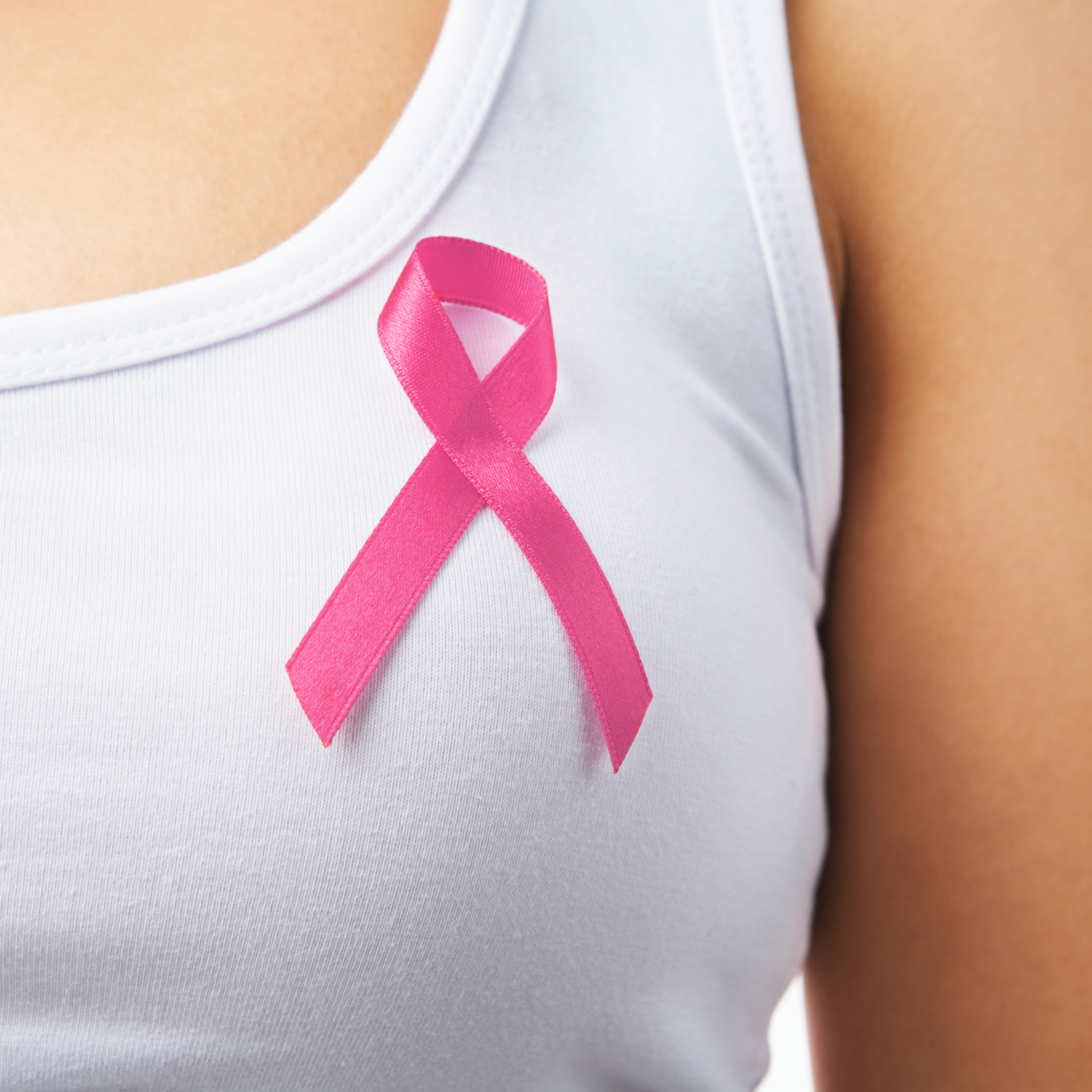-
Minnesota
No Map for Grieving, and Sometimes Help is Needed
ROCHESTER, Minn. — Grieving the loss of a loved one can't be planned or mapped. At one time, the belief was that grief occurred in a set pattern of five stages. It's now known to be more complicated. The July issue of Mayo Clinic Health Letter covers common feelings and physical symptoms associated with grief, ways to cope, and signs that indicate help from a trained professional would be beneficial.
In the early days after a significant loss, many people say they feel numb. As numbness wears off, people often experience more intense and painful feelings of loss. Physical symptoms may arise that include upset stomach, loss of appetite, chest tightness, trouble sleeping, exhaustion and difficulty breathing. For weeks and months, waves of distress may occur that can include restlessness, anxiety and anger. In time, this normal process subsides and letting go begins.
Options to help cope with grief include:
Sharing the experience: Talking with a close friend or family member can be helpful.
Writing feelings down: Writing a letter to a deceased loved one or journaling are ways to share happy memories or regrets about what was never said.
Self-care: Daily physical activity, healthy foods, time with friends and physical pleasures — baths, massages or even naps — can ease distress.
Support groups: Sharing the grief experience reduces feelings of isolation and can be a source of practical advice.
Some people benefit from professional help as they grieve. An inability to stop thinking about the death and its circumstances is a signal that expert help is needed. A primary care doctor is a good place to start. Treatment might include medications to improve sleep and ease anxiety or referral to a counselor or therapist.
Mayo Clinic Health Letter is an eight-page monthly newsletter of reliable, accurate and practical information on today's health and medical news. To subscribe, please call 800-333-9037 (toll-free), extension 9771, or visit Mayo Clinic Health Letter Online.







